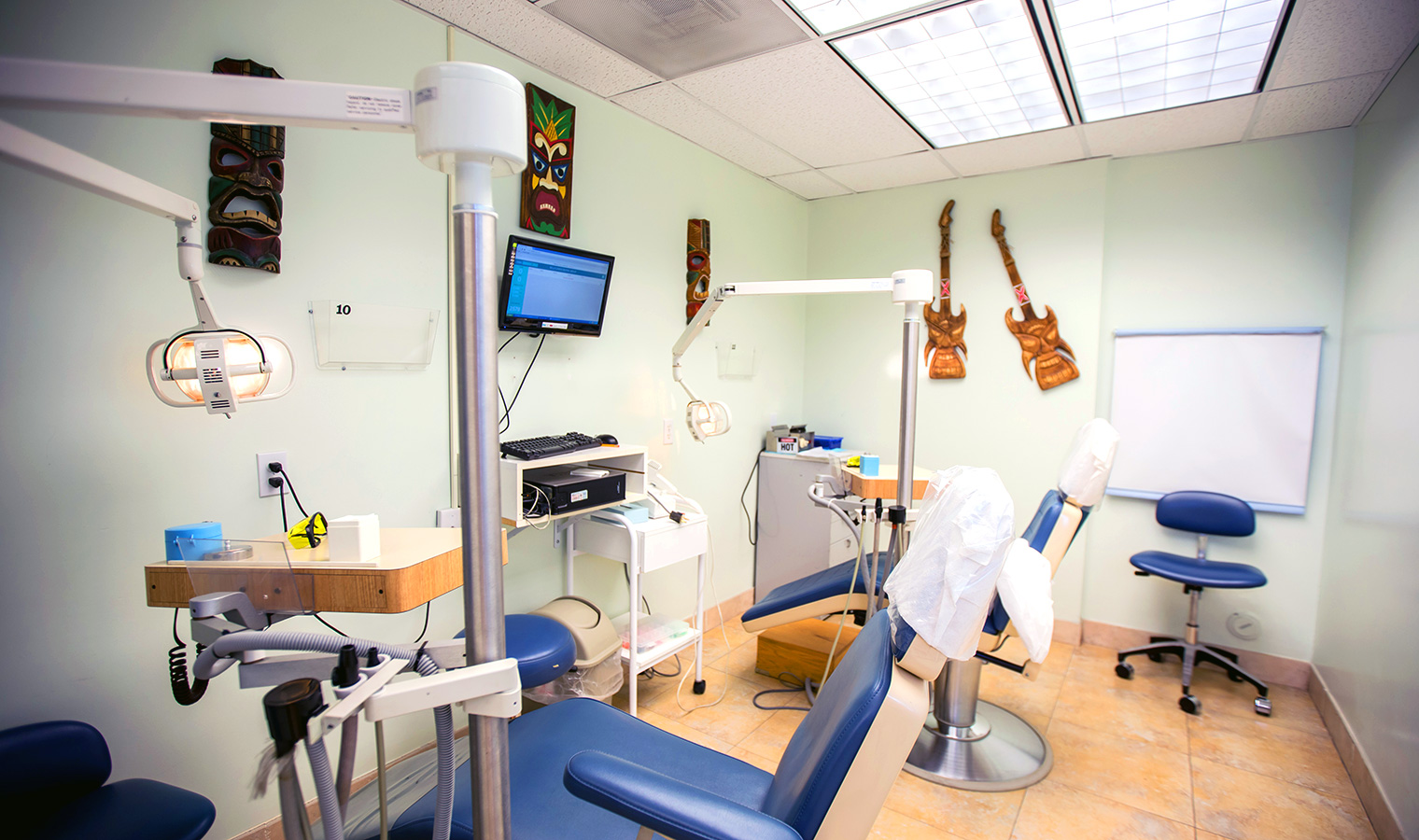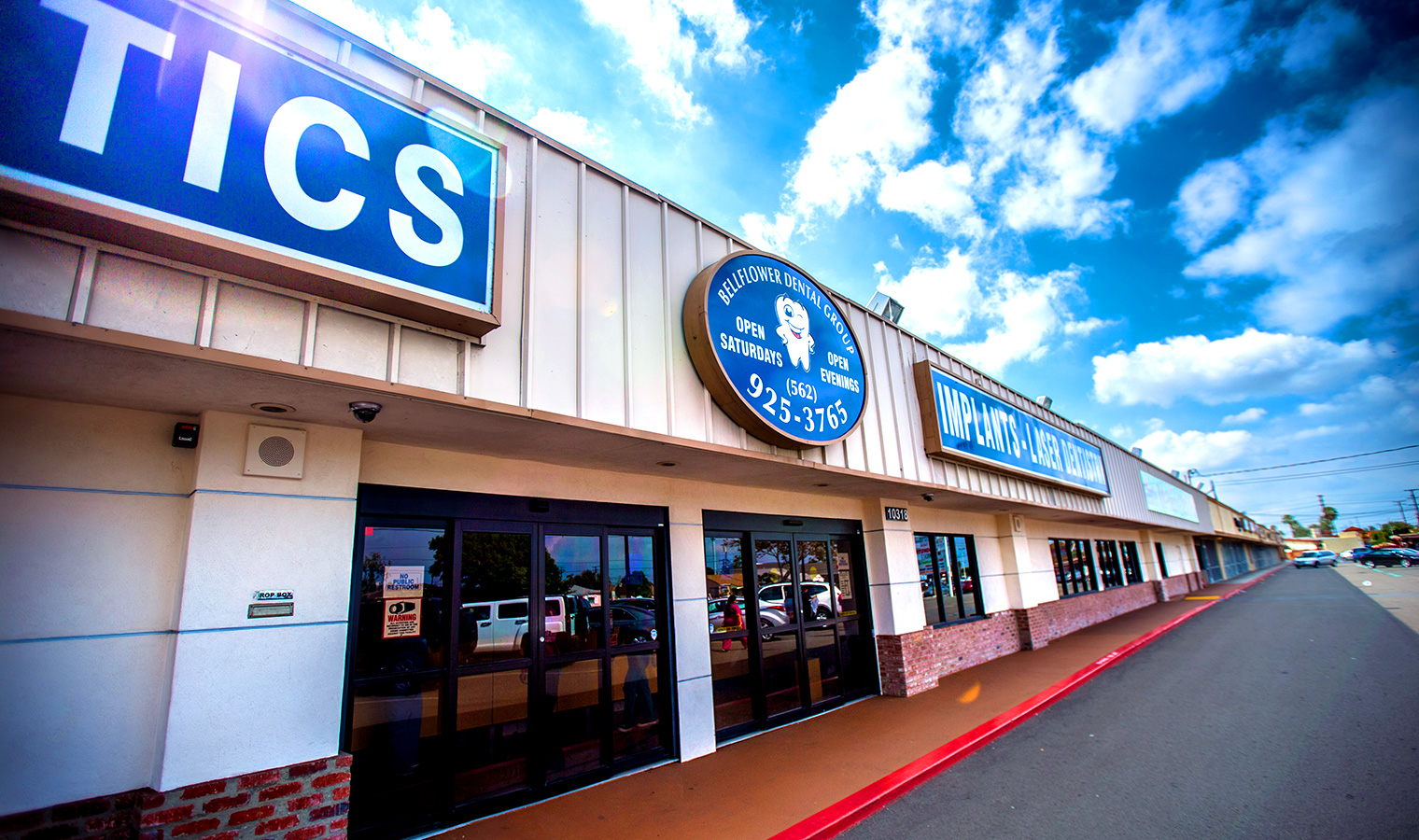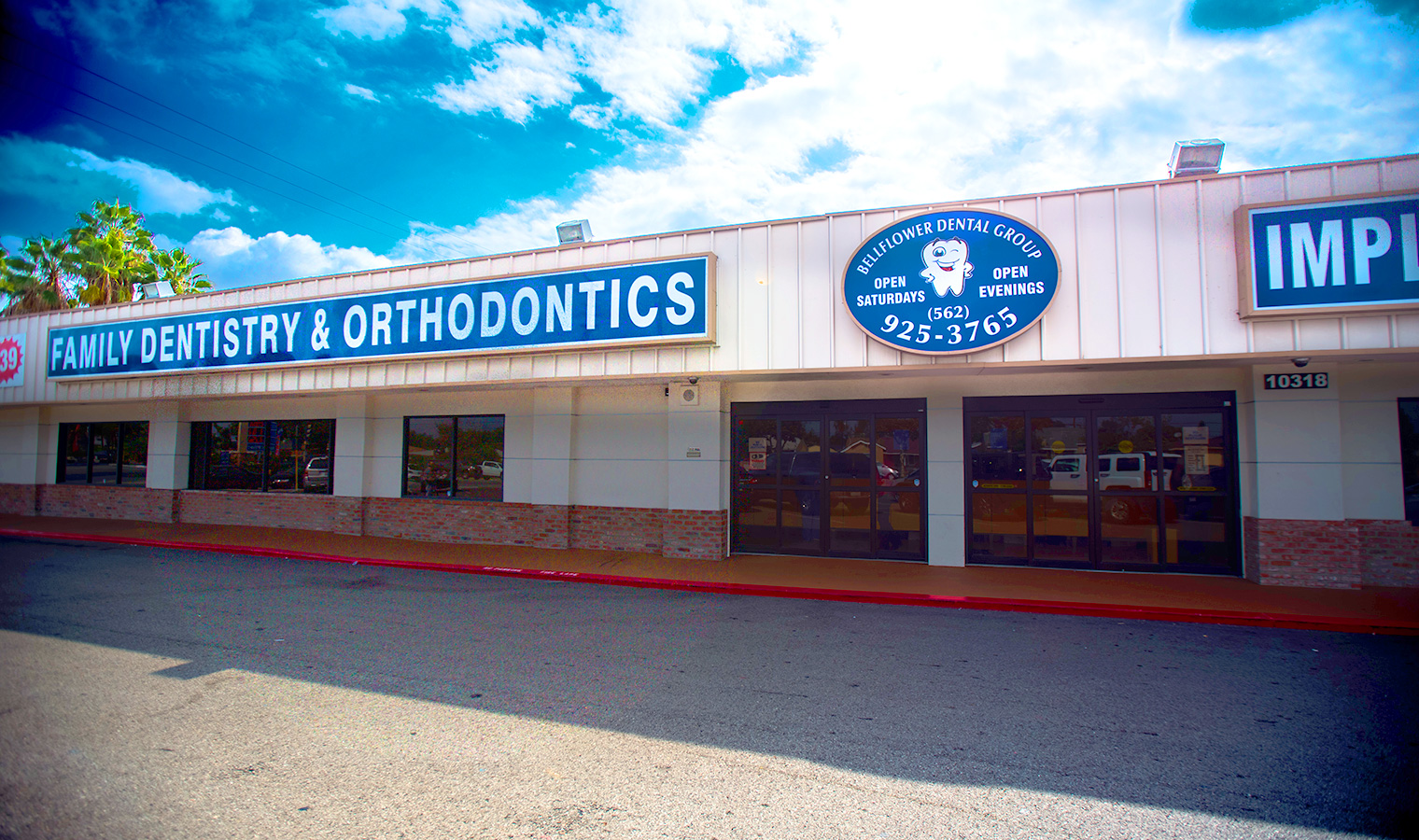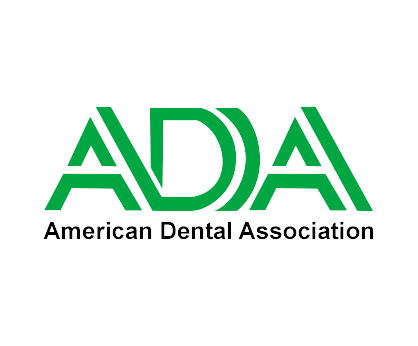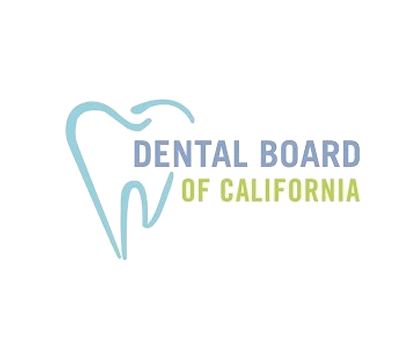What Happens If I Chip My Tooth?
Enamel, or the robust outer layer of your teeth, is one of the most powerful substances in your body. It does, however, have limitations. Teeth might chip as a result of a hard blow or severe wear and strain. As a result, the tooth surface becomes jagged, which can be harsh, painful, and disfiguring.
A Tooth’s Layers
Your teeth are made up of four distinct layers: enamel, cementum, dentin, and pulp. The pulp is the deepest layer, which contains blood vessels, nerve fibers, and immune cells. The sensitive pulp is surrounded by dentin tubules, which also contain nerve fibers and comprise the bulk of the tooth. Cementum is a coating that protects the dentin and helps the tooth stay in its bony socket. The enamel is the last exterior layer. When a chip occurs, it may just affect the enamel, resulting in little dental sensitivity or discomfort. Chips, on the other hand, frequently damage the tooth, leading to increasing erosion or deeper fissures in the tooth over time.
Reasons For Chipped Teeth
Teeth can get chipped for a variety of causes. Typical reasons include biting down on hard things such as ice or hard sweets, falling or being involved in a vehicle accident, playing contact sports without mouth protection, and grinding your teeth while sleeping.
Factors Contributing to Chipped Teeth
It seems to reason that weakened teeth are more prone to chipping than robust teeth. Some factors that diminish tooth strength include:
-Tooth decay and cavities erode enamel.
-Large fillings can potentially weaken teeth.
-Teeth grinding can cause enamel wear.
-Acid-producing meals, such as fruit juices, coffee, and spicy foods, can wear away enamel and expose the tooth surface.
-Acid reflux and heartburn are two digestive diseases that can cause stomach acid to enter your mouth and harm tooth enamel.
-Eating problems or excessive alcohol consumption might result in frequent vomiting, which can create enamel-eating acid.
-Sugar causes germs to grow in your mouth, and these bacteria can damage your enamel.
-Tooth enamel deteriorates with time, so if you’re 50 or older, you’re more likely to have weaker enamel. Research found that nearly two-thirds of individuals with broken teeth were over the age of 50.
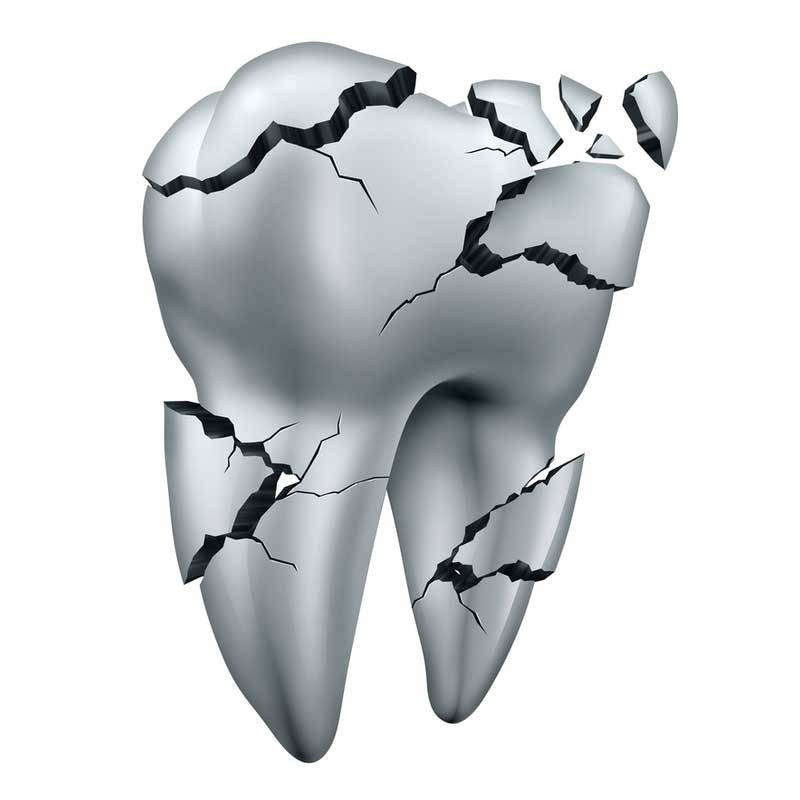
Which Teeth Are In Danger?
Any weaker tooth is vulnerable. However, one study found that the second lower molar, presumably because it requires a lot of pressure when chewing, and teeth with fillings are the most prone to chipping. Even healthy teeth can be chipped.
Identifying A Chipped Tooth
Your dentist can diagnose a chipped tooth by visually inspecting your mouth. They will also consider your symptoms and inquire about incidents that may have contributed to the chipping. If the chip is little and not at the front of your mouth, you may not even notice it. When you do have symptoms, they may include:
-When you run your tongue over your teeth, you may feel a jagged surface.
-Gum discomfort surrounding the chipped tooth
-Irritation of your tongue from “grabbing” it on the tooth’s uneven and rough edge
-Discomfort from biting pressure on the tooth, which can be severe if the chip is close to or exposes the tooth’s nerves
Treatment Options For Chipped Teeth
The treatment of a chipped tooth is determined by its location, severity, and symptoms. It is not a dental emergency unless it is causing extreme discomfort and considerably interfering with eating and sleeping. Nonetheless, you should see your doctor as soon as possible to avoid infection or further harm to the tooth. Minor chips are often repaired by merely smoothing and polishing the tooth. Dental crowns and dental bonding are the most popular treatments for chipped teeth. These solutions are less invasive, appear natural, and provide appropriate tooth protection. In extreme circumstances, a chipped tooth may have root canal therapy followed by a crown insertion, or the tooth may require extraction followed by tooth replacement.
Is A Chipped Tooth A Dental Emergency?
A badly chipped tooth is regarded as a dental emergency. Without timely dental care, tooth damage may worsen and lead to other concerns, such as tooth loss and oral infection. Depending on the severity, a chipped tooth might not be a dental emergency. It is critical to analyze the severity of a chipped tooth as soon as possible to determine whether it is a dental emergency or if the problem can be treated at home until a more suitable time for a dental appointment. The following symptoms suggest that a chipped tooth is a dental emergency: A substantial chip; Tooth sensitivity is really high; Gum enlargement; Lymph nodes are swollen. If one or more of the aforementioned symptoms appear after a tooth is chipped, make an appointment with a dentist who can treat dental emergencies. Otherwise, the tooth’s long-term health may be jeopardized. The sooner therapy can be started, the better.
Taking Care of Chipped Teeth
-Small Chip: If you’ve had a tiny chip in one or more of your teeth that isn’t causing you discomfort, we recommend telling your dentist about it at your next cleaning or checkup. They can then analyze the chip to decide whether urgent treatment is required or whether the chip should merely be monitored over time. A tiny chip is generally treated by smoothing and polishing the damaged tooth.
-Medium Chip: If your chipped tooth has moderate damage to the tooth enamel, which may expose the dentin, your dentist will most likely recommend placing a filling, crown, or cap over the chipped tooth to restore its appearance and function while also protecting the inner layers of the teeth from infection.
-Large Chip: A serious chip may expose the dental nerve, necessitating a root canal to avoid infection, as well as a crown or cap to repair the chipped tooth.
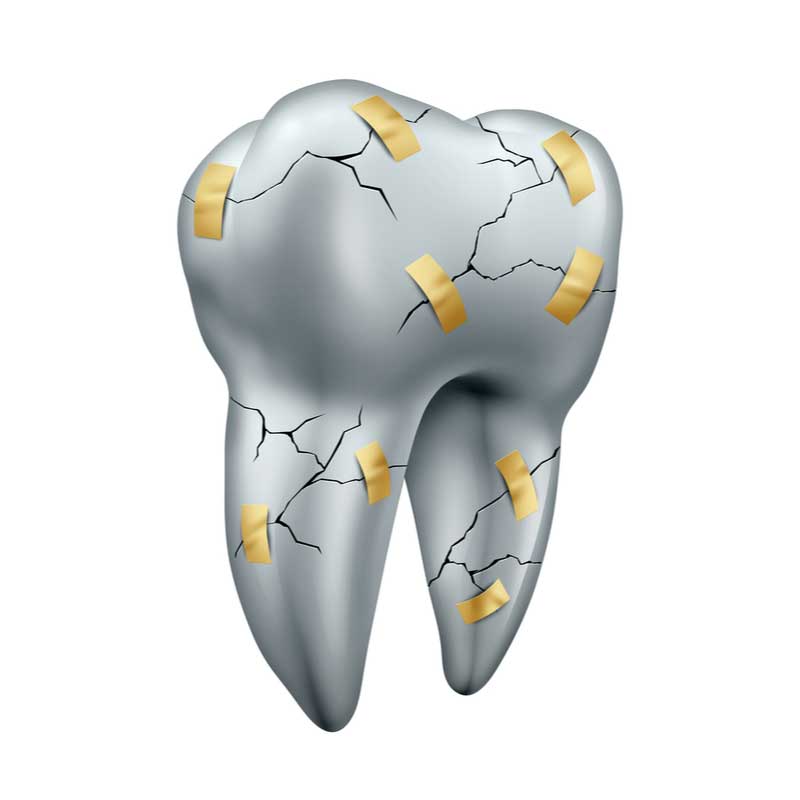
How to Prevent Getting a Chipped Tooth
Although it is not always feasible to avoid a chipped tooth, there are actions that may be done to reduce risk. Most importantly, it is critical to wear a mouthguard during potentially hazardous activities such as sports. It is also critical to maintain proper dental hygiene and refrain from biting down on harsh meals or materials.
What Happens If You Don’t Fix A Chipped Tooth?
Despite the fact that tooth enamel is tougher than bone, chipped teeth are extremely common. Oral trauma, chewing on hard foods, teeth grinding, or using your teeth as a tool to rip or open objects or packages can all cause them. Small chips in a tooth’s enamel may not appear to be a reason for concern, but if the chip penetrates deeper than the protective outer layer, it can cause discomfort and eventually lead to tooth decay. A severely chipped tooth is likely to worsen if not treated promptly by a professional dentist. A chipped tooth can lead to a variety of problems, including but not limited to: The chip might deteriorate further. Pain and sensitivity may increase. An oral infection might occur. The tooth may slip out of its socket. While not every chipped tooth is a dental emergency, they all require immediate attention, even if there are no major symptoms at first.
Conclusion
Do not overlook a chipped tooth, regardless of whether you are in pain. Visit your dentist instead to get your chipped tooth fixed. To assist you to find the ideal dentist for your chipped tooth restoration, look for reviews and testimonies online. Additionally, make certain that your dentist offers both high-quality and reasonably priced treatments.

